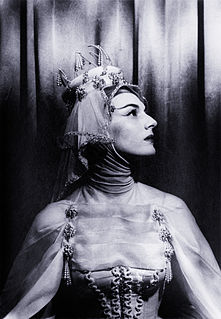A Quote by Marian Seldes
An actress spends a lifetime observing people. You build up a mental library. No, not a library. Make that a repository.
Related Quotes
I always knew from that moment, from the time I found myself at home in that little segregated library in the South, all the way up until I walked up the steps of the New York City library, I always felt, in any town, if I can get to a library, I'll be okay. It really helped me as a child, and that never left me. So I have a special place for every library, in my heart of hearts.
I am a librarian. I discovered me in the library. I went to find me in the library. Before I fell in love with libraries, I was just a six-year-old boy. The library fueled all of my curiosities, from dinosaurs to ancient Egypt. When I graduated from high school in 1938, I began going to the library three nights a week. I did this every week for almost ten years and finally, in 1947, around the time I got married, I figured I was done. So I graduated from the library when I was twenty-seven. I discovered that the library is the real school.
I always knew from that moment, from the time I found myself at home in that little segregated library in the South, all the way up until I walked up the steps of the New York City library, I always felt, in any town, if I can get to a library, I'll be OK. It really helped me as a child, and that never left me.
As a kid I would get my parents to drop me off at my local library on their way to work during the summer holidays and I would walk home at night. For several years I read the children's library until I finished the children's library. Then I moved into the adult library and slowly worked my way through them.
As a kid, I would get my parents to drop me off at my local library on their way to work during the summer holidays, and I would walk home at night. For several years, I read the children's library until I finished the children's library. Then I moved into the adult library and slowly worked my way through them.
I claim that this bookless library is a dream, a hallucination of on-line addicts; network neophytes, and library-automation insiders...Instead, I suspect computers will deviously chew away at libraries from the inside. They'll eat up book budgets and require librarians that are more comfortable with computers than with children and scholars. Libraries will become adept at supplying the public with fast, low-quality information. The result won't be a library without books--it'll be a library without value.
































